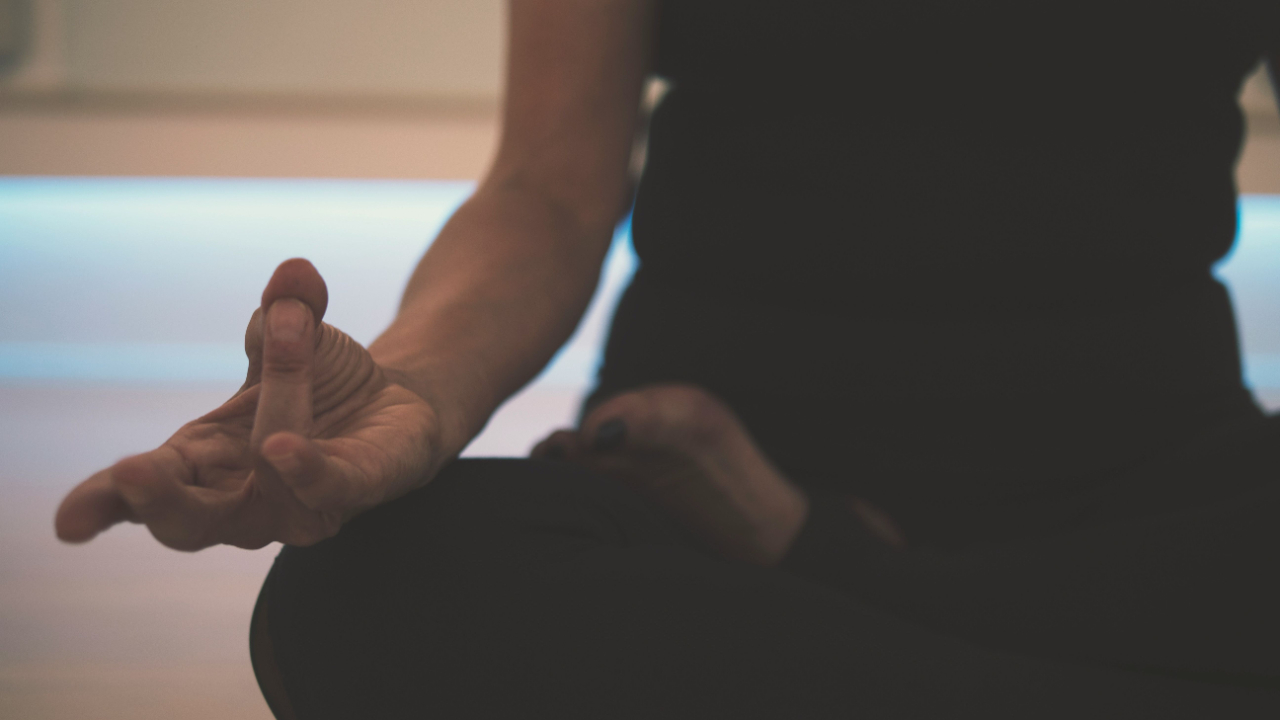Whats Your Intention?
Sep 19, 2025
Some time ago, a friend convinced me to try Hot Yoga. It’s not a humble brag, I did my 10 sessions, enjoyed it, but it wasn’t really for me. What I really appreciated were the zen-like sayings from the instructors.
One that stuck with me was, “Look at yourself in the mirror, but don’t stare.” I thought about that one for days. Sometimes I still reflect on it. I’m confident one day it will land and I’ll go “aha.” Then I’ll start dispensing it to others.
But I’m off track. Another phrase, always at the start of class, was: “Set your intention for the class.”
At first mine was simple: “Make it through.” I mean my intention was basically to do the class. Not profound or deep, but it worked. Over time I realised what they were really nudging at, and have come to appreciate the science behind it.
Research from Harvard’s Academic Centre shows that starting your day with clear goals improves focus and reduces decision fatigue. James Clear goes further and highlights that intentions only really work when you focus on one thing at a time. Simply put when you try to chase too many goals, you dilute your effort.
Picking the one thing that matters most and moving it forward, even a little, builds momentum, reduces overwhelm and stress, and creates an achievement mindset.
Of course, in the real world we all juggle multiple tasks and achieve plenty each day. The point isn’t that you only ever do one thing, it’s that making progress on your most important goal, even in small steps, compounds into meaningful results over time. It’s good for effectiveness, and just as importantly, for reducing stress.
That’s the first piece. The second is just as important: showing up with intention before each interaction. If you don’t consciously decide how you want to show up, be it supportive, direct, curious, you risk reacting on autopilot. And if part of your role is helping others make progress on their big goal, you can’t still be carrying baggage from your previous interactions.
This isn’t just a work thing. The same approach helps in personal life too, checking yourself before walking into a conversation with your partner, kids, or friends shifts the quality of those interactions and can dramatically improve relationships.
What you can try today:
- Pick your goal: Decide on the one thing that matters most today, and move it forward – even a little. Neuroscience supports writing it down.
- Check your mindset: Before each interaction, pause and ask, “How do I want to show up?” “What do people need most from me in this interaction?”
- Reset between tasks or meetings: Take a breath, clear your head, and leave whatever is on your mind behind. Allow a small space of time to do this. Research is very clear on how ineffective back to back meetings can make you. Small breaks make a big difference.
Without focus and presence, we drift and react. With them, we cut through the noise, make real progress, and show up in ways that actually move the dial.
Small shifts, big results. Oh and next time you find yourself in front of a mirror – remember to look but for goodness sake don’t stare! Oh look, I’m dispensing it already….

